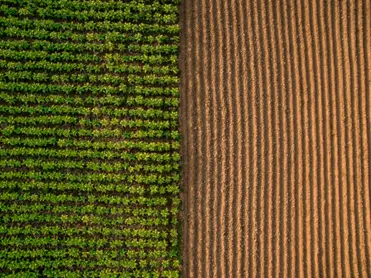10 Feb 2023
Green Protectionism? Looking at Europe’s Agricultural Policy
The European Union’s position as a leader in sustainability and environmental protection is coming into question with the bloc’s recent programs and policies mainly, the new Farm to Fork strategy and the updated Common Agricultural Policy. On the one hand, the EU faces criticism from non-governmental organizations and scientists regarding the extent to which policies are actually “green” and on the other hand they also face pressures from farmers and cooperatives who are concerned about the implications of policies on farmers and production. Additionally, there is cause for concern about the impact on agricultural production and food security in developing countries. Since contemporary agriculture is not a closed autonomous system, rather one where policy changes create shifts in agrarian markets that ripple across all sectors and throughout the global economy, and Europe has one of the world’s largest agriculture industries, it is imperative to evaluate the current trajectory of green agricultural policies in order to identify if, when and how this will cause a shift in agricultural practices and markets globally. The question is, are Europe’s efforts to make agriculture sustainable genuine or is there a glass ceiling on reforms? And what could this mean for developing countries that are just starting on the sustainability path?
